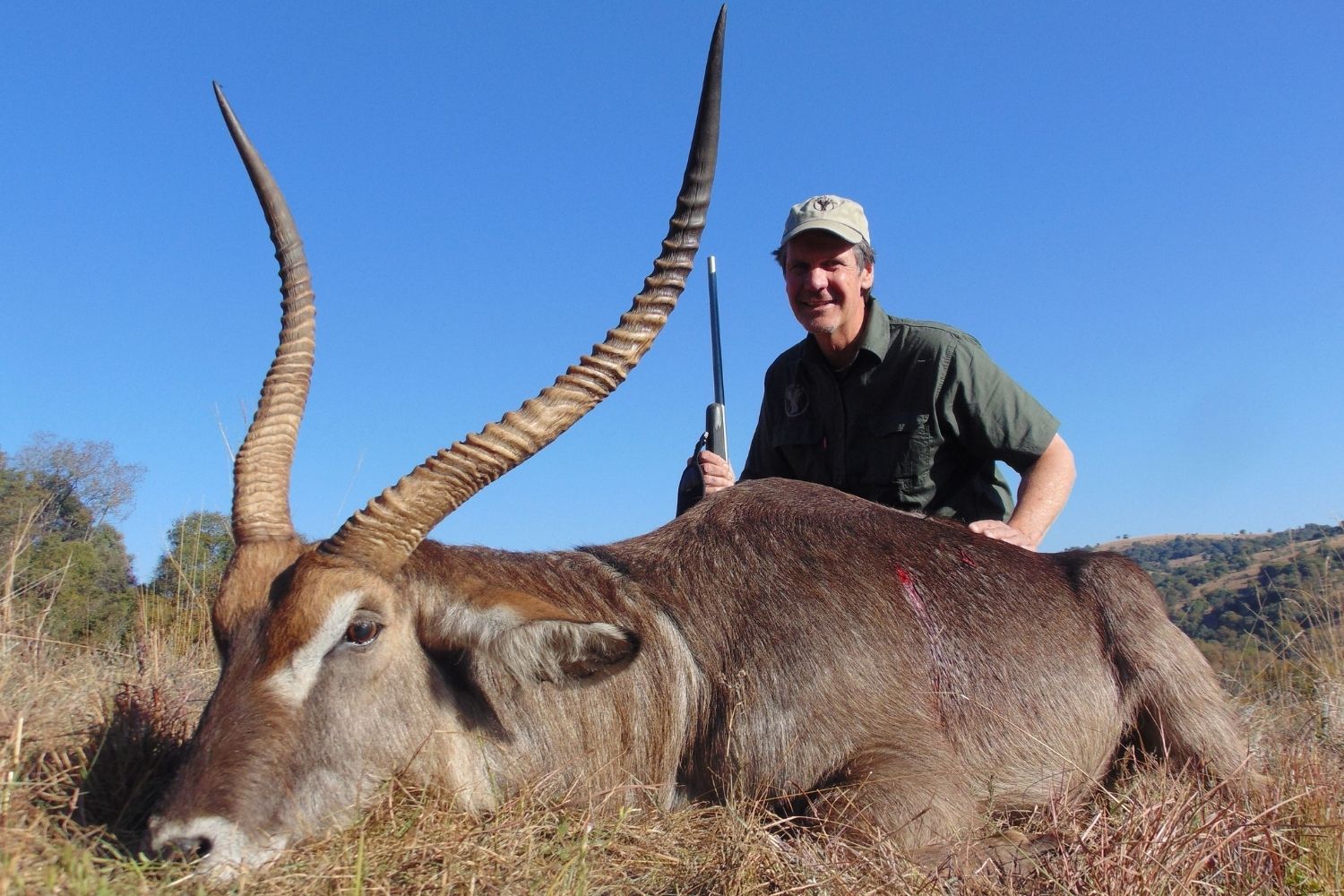
Big game hunting in Africa has long been a topic of intrigue and controversy. From the vast savannas to dense jungles, Africa offers a unique landscape for hunters seeking the thrill of the chase. But what exactly is big game hunting? Big game hunting refers to the pursuit of large animals like elephants, lions, and buffaloes, often for sport or trophies. This practice has deep historical roots, dating back centuries, and has evolved significantly over time. While some argue it helps with conservation efforts and local economies, others see it as a threat to wildlife populations. Whether you're a seasoned hunter or just curious, these 35 facts will shed light on the complexities and allure of big game hunting in Africa.
Key Takeaways:
- Big game hunting in Africa has a long history, from ancient Egyptians to Teddy Roosevelt's safari. It has sparked debates about conservation and ethics, but also contributes to local economies and conservation efforts.
- Modern big game hunting practices incorporate technology and regulations to ensure sustainability. The future of hunting in Africa may involve eco-tourism and genetic research to balance conservation and hunting.
The History of Big Game Hunting in Africa
Big game hunting has deep roots in Africa, dating back centuries. This activity has evolved over time, influenced by various cultures and historical events.
- Ancient Egyptians engaged in big game hunting as early as 2500 BCE, often depicted in their art.
- European explorers in the 19th century popularized African big game hunting, bringing back tales of adventure.
- The term "Big Five" originated from hunters who identified the five most difficult animals to hunt on foot: lion, leopard, rhinoceros, elephant, and Cape buffalo.
- Teddy Roosevelt's African safari in 1909 brought significant attention to big game hunting, leading to increased interest and participation.
- Colonial laws in the early 20th century regulated hunting to protect wildlife, marking the beginning of conservation efforts.
The Big Five: Africa's Most Sought-After Game
The Big Five are the most iconic and challenging animals to hunt in Africa. Each of these animals presents unique challenges and dangers.
- Lions are known for their strength and stealth, making them formidable opponents.
- Leopards are elusive and primarily nocturnal, requiring hunters to be patient and strategic.
- Rhinoceroses are heavily armored and can charge at high speeds, posing significant risks.
- Elephants are intelligent and can be aggressive when threatened, making them dangerous to hunt.
- Cape buffalo are unpredictable and can be extremely aggressive, often charging without warning.
Conservation and Ethical Hunting
Big game hunting has sparked debates about conservation and ethics. While some argue it helps fund conservation efforts, others believe it harms wildlife populations.
- Hunting fees often fund conservation programs, providing financial resources for wildlife protection.
- Regulated hunting can help control animal populations, preventing overpopulation and habitat destruction.
- Ethical hunting practices emphasize respect for the animal and the environment, promoting sustainable hunting.
- Anti-poaching efforts are often supported by hunting organizations, helping to protect endangered species.
- Community involvement in hunting can provide economic benefits, encouraging local support for conservation.
The Economics of Big Game Hunting
Big game hunting is a significant economic activity in many African countries, contributing to local economies and conservation efforts.
- Hunting tourism generates millions of dollars annually, supporting local businesses and communities.
- Job creation in areas such as guiding, lodging, and transportation is a direct benefit of hunting tourism.
- Trophy fees can be substantial, with hunters paying thousands of dollars for the opportunity to hunt specific animals.
- Conservation funding from hunting fees helps maintain protected areas and wildlife reserves.
- Local communities often receive a portion of hunting revenues, providing incentives to protect wildlife.
Controversies and Criticisms
Despite its economic and conservation benefits, big game hunting faces significant criticism and controversy.
- Animal rights activists argue that hunting is cruel and unnecessary, advocating for non-lethal alternatives.
- Illegal hunting and poaching remain significant problems, undermining conservation efforts.
- Canned hunting, where animals are bred in captivity for hunting, is widely condemned for its lack of fairness and ethics.
- Declining wildlife populations in some areas raise concerns about the sustainability of hunting practices.
- Public opinion is increasingly against big game hunting, with many calling for stricter regulations or outright bans.
Modern Big Game Hunting Practices
Today's big game hunting practices have evolved, incorporating modern technology and stricter regulations to ensure sustainability.
- GPS tracking helps hunters locate animals while minimizing environmental impact.
- Drones are used for scouting and monitoring wildlife, providing valuable data for conservation.
- High-tech gear such as night vision and thermal imaging enhances hunting efficiency and safety.
- Strict quotas and permits regulate the number of animals hunted, ensuring populations remain stable.
- Hunting reserves provide controlled environments for hunting, reducing pressure on wild populations.
The Future of Big Game Hunting in Africa
The future of big game hunting in Africa will likely be shaped by ongoing debates, technological advancements, and evolving conservation strategies.
- Eco-tourism is emerging as a popular alternative to hunting, offering wildlife experiences without killing animals.
- Genetic research may provide new insights into wildlife management, helping to balance hunting and conservation.
- International regulations could standardize hunting practices, ensuring ethical and sustainable approaches.
- Public awareness campaigns aim to educate people about the complexities of hunting and conservation.
- Collaborative efforts between governments, conservationists, and hunting organizations are essential for the future of Africa's wildlife.
Final Thoughts on Big Game Hunting in Africa
Big game hunting in Africa is a topic that stirs strong emotions. Some see it as a vital tool for conservation, while others view it as a threat to wildlife. Conservation efforts funded by hunting fees have helped protect habitats and species. However, the ethical concerns and potential for abuse can't be ignored. Sustainable practices and strict regulations are crucial for balancing these interests. Hunters and conservationists must work together to ensure the survival of Africa's majestic animals. Understanding both sides of the debate can lead to more informed opinions and better decisions. Whether you're for or against big game hunting, it's clear that the conversation around it is complex and multifaceted. By staying informed and engaged, we can all contribute to the future of wildlife conservation in Africa.
Frequently Asked Questions
Was this page helpful?
Our commitment to delivering trustworthy and engaging content is at the heart of what we do. Each fact on our site is contributed by real users like you, bringing a wealth of diverse insights and information. To ensure the highest standards of accuracy and reliability, our dedicated editors meticulously review each submission. This process guarantees that the facts we share are not only fascinating but also credible. Trust in our commitment to quality and authenticity as you explore and learn with us.


